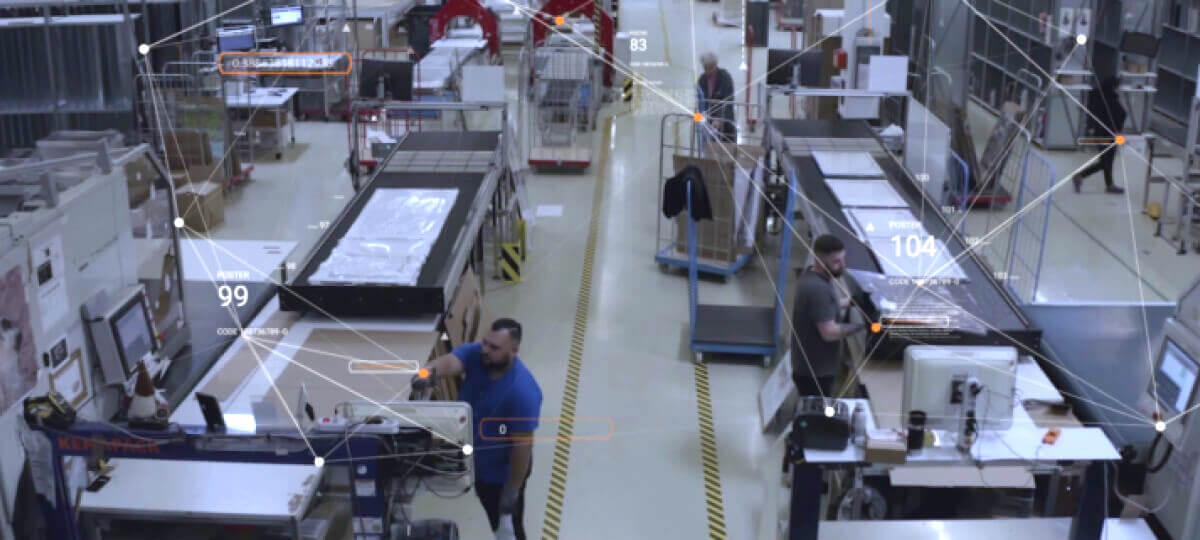So, what is a data lake?

ProGlove Insight relies on the notion of a data lake. But what precisely does that mean and why is it a favorable approach for businesses?
Many organizations are beginning to dig a little deeper with data. In other words, they are stepping up their analytics initiatives. After all, the idea of data driving decisions and processes has been around for quite some time. Yet while there is very little doubt about the value of this approach a core question remains: Where do you keep the data? As of late, an increasing number of organizations are relying on what they call a “data lake.” But what is that?
At the end of the day the name speaks for itself: data lake. A lake of data, or maybe a basin that contains a vast amount of data points. Troves of data that come from various sources. To put it in a nutshell: A central repository that teems with scores of raw data.
The data remains raw
So yes, there is no need to structure or format the data in the data lake. That is what makes its handling significantly easier. Even more so if you compare it to the somewhat ancient idea of a data warehouse. Consequently, this also adds more efficiency to the individual data streams.
But what if you want to process or analyze the data, you may ask? Easy. You simply copy the share of the data you want to work with. So, while it almost sounds like a side effect, it is a key benefit: The potential threat of data loss is significantly lower in a data lake.
Data lakes swell extremely fast
Nevertheless, there are some challenges that need to be addressed: One is the sheer size of the data lake. But there is no denying: They grow incredibly fast. Therefore, organizations need to provide storage in large quantities and extremely short periods of time. In fact, it is fair to assume that smart factories discover the need for Terabyte if not even Petabyte storage capacity quickly. In other words: scalability is a key concern that needs to be mastered.
Therefore, a flexible cloud environment represents the perfect spot to build a data lake. With that said, it is obvious that a data lake is the perfect basis for complex analytics applications. Even more so if they come with machine learning capabilities. Kind of like what we needed to build ProGlove Insight.
But alas, data lakes can certainly also serve as a central storage medium and source for data warehouses, just in case you were wondering!


